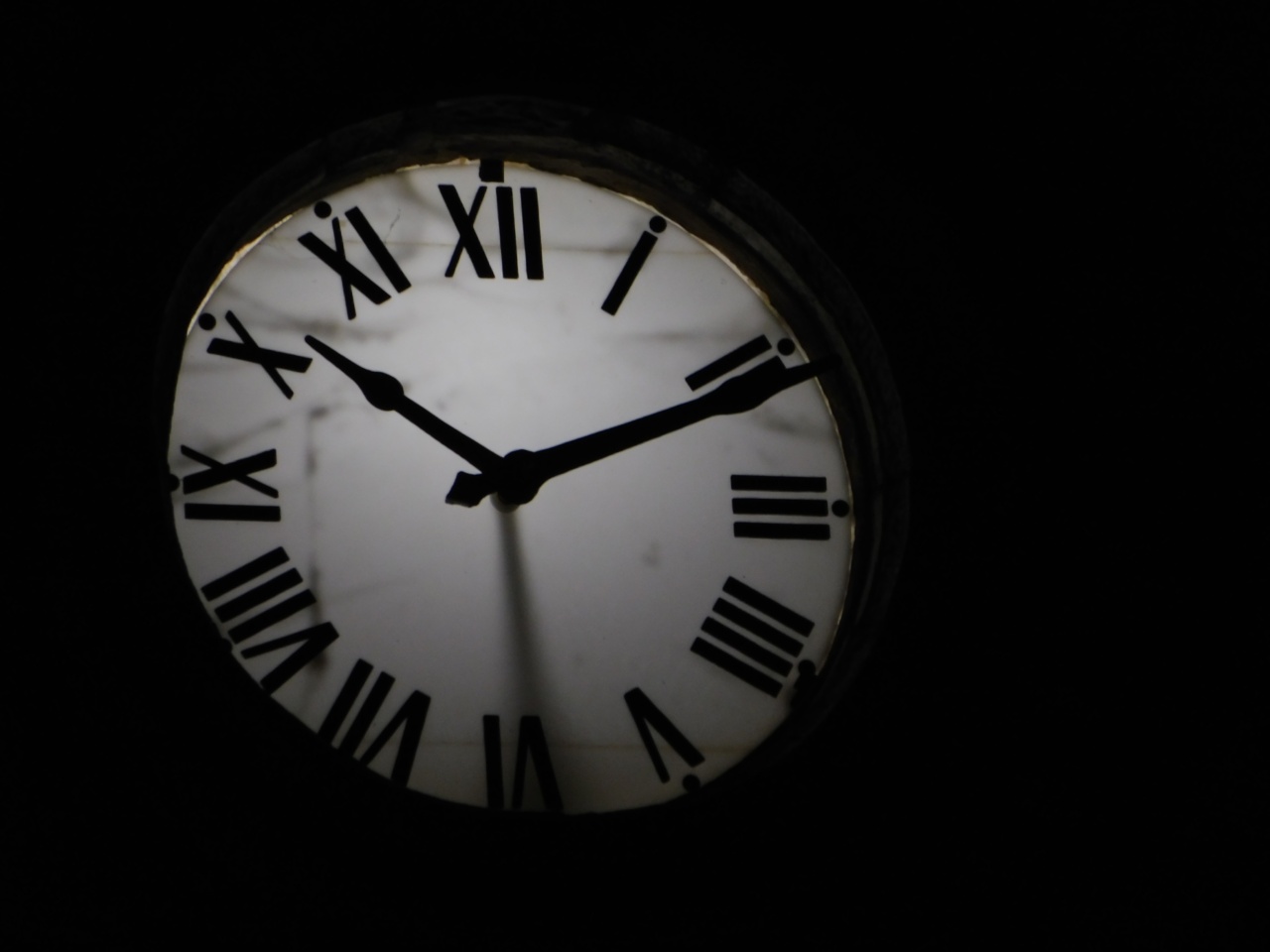Have you ever wondered how many dreams you see during a single night of sleep? Many of us experience vivid dreams, while others claim they hardly remember any.
The phenomenon of dreaming has intrigued scientists, psychologists, and philosophers throughout history, yet understanding the precise science behind dream recall and the number of dreams we see remains a fascinating puzzle. In this article, we delve into the intricacies of dreaming, explore the factors that influence dream recall, and uncover the secrets behind counting the number of dreams we experience each night.
What are dreams?
Dreams are a series of images, emotions, and thoughts that occur in the mind during sleep. They often feel vivid and lifelike, sometimes mimicking real-life scenarios or venturing into fantastical realms.
However, dreams remain subjective experiences, varying greatly from person to person.
REM Sleep and Dream Recall
One of the key stages of sleep associated with dreaming is Rapid Eye Movement (REM) sleep. During REM sleep, our brains become highly active, and our eyes move rapidly.
This stage is characterized by vivid dreams, which are more likely to be remembered upon waking. However, it’s important to note that dreams can occur during other stages of sleep as well.
The frequency of REM sleep and the length of each REM stage vary throughout the night. We tend to experience longer and more intense REM periods as the night progresses, with the final stage often lasting up to an hour.
Consequently, dreams we see towards the early morning hours may be more memorable.
The Sleep Cycle and Dreaming
Understanding the sleep cycle is crucial to comprehend the frequency of dreams we experience each night. Our sleep consists of several cycles, each lasting approximately 90 minutes.
Each cycle is made up of different stages, including light sleep, deep sleep, and REM sleep.
During a typical night’s sleep, we undergo several sleep cycles. In the earlier cycles, the majority of our sleep time is spent in deep sleep, while the REM stage becomes longer and more prominent as the night progresses.
This is why dreams are often more perceptible when we awaken from the later sleep cycles.
Factors Affecting Dream Recall
While dreams occur naturally during sleep, the ability to remember them upon waking can vary significantly due to multiple factors. Here are some elements that influence dream recall:.
1. Sleep Quality
The quality of your sleep can play a role in remembering dreams. If your sleep is restless or constantly interrupted, chances are your dream recall will be lower.
Therefore, prioritizing good sleep hygiene and creating a conducive sleep environment might enhance dream recall.
2. Sleep Disorders
Those with sleep disorders like insomnia or sleep apnea may have difficulties remembering dreams. Sleep disturbances can disrupt the sleep cycle, affecting the amount of deep sleep and REM sleep experienced, thereby reducing dream recall.
3. External Stimuli
The presence of external stimuli, such as noise or light, can interfere with dream recall. The more uninterrupted and peaceful your sleep environment, the higher the likelihood of recalling dreams.
4. Emotional State
Emotional experiences during the day can impact dream recall. Strong emotional events or stress may increase dream vividness and make them more likely to be remembered. Additionally, heightened emotional states upon waking can improve recall.
However, individuals experiencing mental health conditions might have altered dream patterns and recall.
5. Dream Journaling
Keeping a dream journal by your bedside and writing down dreams immediately upon waking can significantly improve dream recall. The habit of recalling and recording dreams trains your brain to pay closer attention to dream experiences.
Common Dream Themes and Patterns
Dream content is highly individual, reflecting personal experiences, memories, and emotions. However, numerous common themes and patterns have been identified across different cultures and individuals:.
1. Flying
Dreams of flying or soaring through the sky often symbolize a sense of freedom, liberation, or escape from a challenging situation.
2. Falling
Dreams of falling can reflect insecurity, fear of failure, or a lack of control over certain aspects of life.
3. Being Chased
Being chased in a dream is a common motif and may represent feelings of anxiety, pressure, or unresolved conflicts.
4. Teeth Falling Out
Dreams of teeth falling out may indicate concerns about self-image, aging, or a loss of personal power or control.
5. Being Unprepared
Dreams of being unprepared for an exam, presentation, or event often symbolize feelings of vulnerability, fear, or a lack of confidence in one’s abilities.
6. Revisiting the Past
Dreams of revisiting past events, locations, or people may signify unresolved issues, nostalgia, or a desire for closure.
7. Lucid Dreaming
Lucid dreaming occurs when a dreamer becomes aware that they are dreaming and can actively control or manipulate the dream’s content. Lucid dreaming offers an exciting realm for self-exploration and creative expression.
8. Nightmares
Nightmares are distressing dreams that may evoke fear, anxiety, or discomfort. They often reflect sources of stress, trauma, or unresolved emotions.
9. Dreaming in Color
While dreams can be vivid and colorful, some individuals report dreaming predominantly in shades of grayscale. The experience of dreaming in color or black and white remains highly subjective.
10. Recurring Dreams
Recurring dreams are dreams that repeat over time, often with similar themes or settings. They may be triggered by unresolved conflicts, anxieties, or deep-rooted emotions.
Conclusion
Counting the exact number of dreams we see each night remains a challenge due to the subjective nature of dream experiences and the influence of various factors on dream recall.
Dreaming is a complex phenomenon that intertwines with our emotions, memories, and subconscious mind, offering a fascinating window into our inner worlds. By understanding the science behind sleep cycles, REM sleep, and dream recall, we gain valuable insights into the elusive realm of dreams.
So, the next time you wake up from a vivid dream, take a moment to appreciate the mysterious journey you experienced while counting the countless dreams of the night.




























